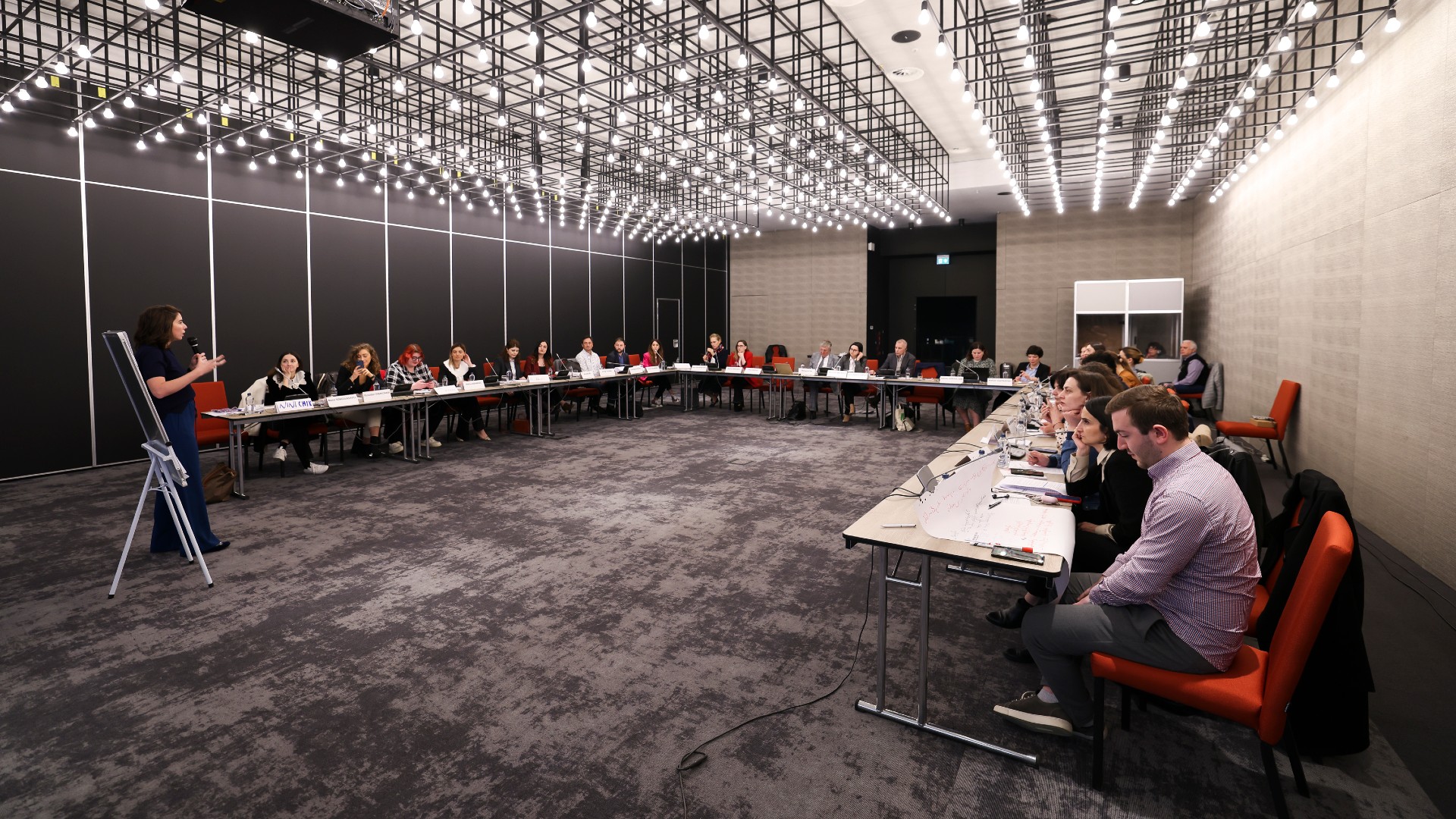In the framework of its project ’Developing a Drug Prevention Support Network for Parents and Professionals in Georgia’ the Pompidou Group delivered an international capacity building workshop -The role of Parents in Drug Prevention on 19-20 April in Tbilisi, Georgia.
The workshop has gathered more than 20 participants - representatives of the Georgian state institutions, civil society organizations working with children, youth and parents as well as the private sector with the objective to discuss the role of parents in drug prevention and stakeholder cooperation between governmental, non-governmental and private sectors to improve the involvement and role of parents in school based and environmental prevention.
Deputy Executive Secretary - Thomas Kattau, representatives of the Pompidou Group Secretariat and the Experts from Iceland and Israel have shared international practices to the Georgian audience touching topics such as the role of parents in drug prevention, interfaces between children and parents at schools, drug prevention at workplaces (best practices from Israel), environmental prevention in Iceland, wider stakeholder cooperation and implementing new concept by managing a change.
Nini Chikovani, Co-founder of Tamashobana - Georgian board game, Publisher at Curious Panda has shared her impressions on the seminar: ’’The workshop showed the importance for all stakeholders to come to together to deal and contribute to problem solving to effectively change the overall picture. The representatives of the small entrepreneurships could have a very good indirect impact on the drug prevention at the community level. This event made my wish to already start new initiatives and activities and thank you for this.’’
Another participant - Giorgi Topuria, Supervisor of social workers, Crime Prevention and Probation Agency of Georgia, stated: ’’participation in such workshops is always important as this topic is very timely and we face many challenges in our practical work on a daily basis. The workshop provided an opportunity to learn about the best practices and having an opportunity to observe the methods and interventions that had a significant impact in other countries. I believe that the successful examples like these will help us to see the issues from a different angle and plan future preventive steps, considering the national context of the country, which will be addressed to not only our beneficiaries, but to their families and other stakeholders”.




